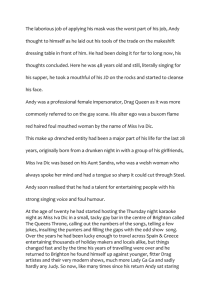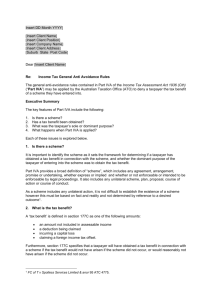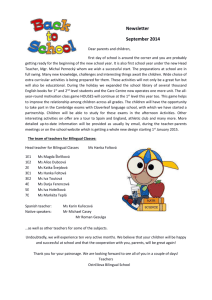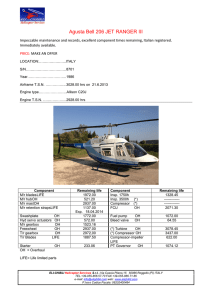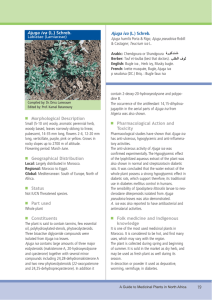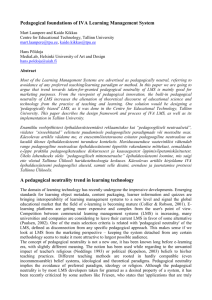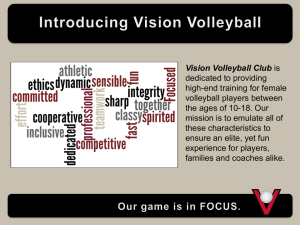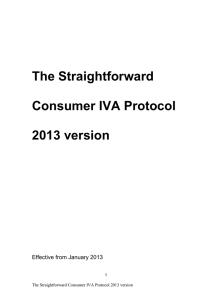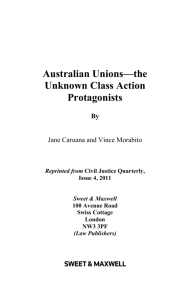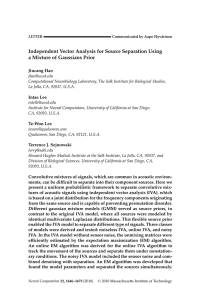Filnavn
advertisement
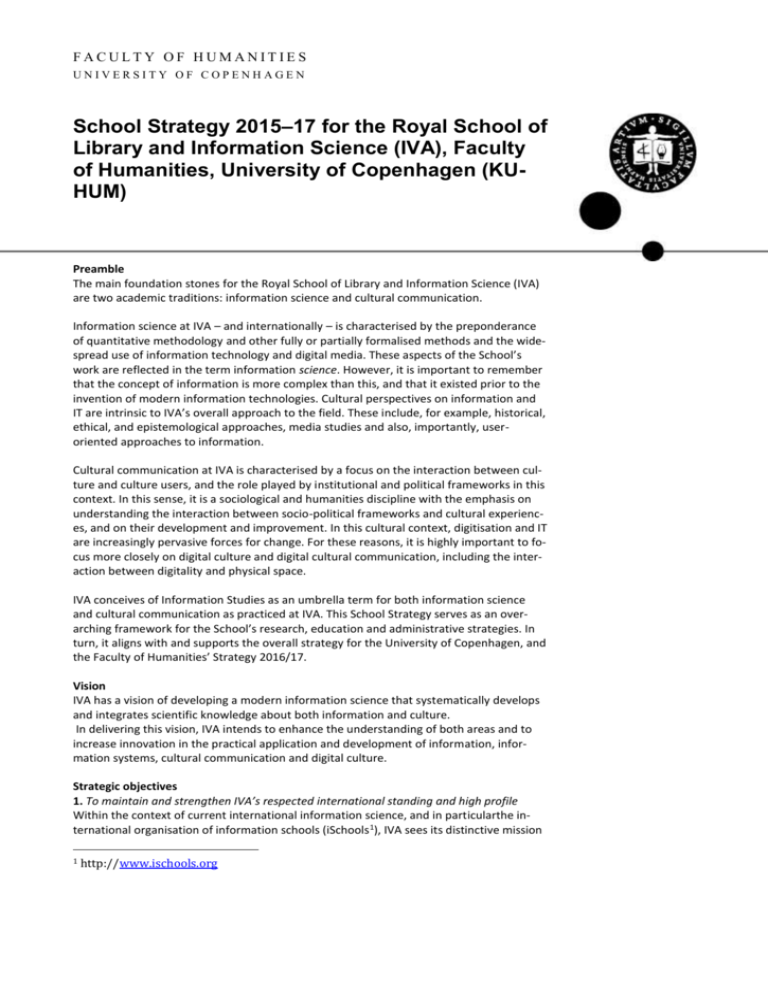
FACULTY OF HUMANITIES UNIVERSITY OF COPENHAGEN School Strategy 2015–17 for the Royal School of Library and Information Science (IVA), Faculty of Humanities, University of Copenhagen (KUHUM) Preamble The main foundation stones for the Royal School of Library and Information Science (IVA) are two academic traditions: information science and cultural communication. Information science at IVA – and internationally – is characterised by the preponderance of quantitative methodology and other fully or partially formalised methods and the widespread use of information technology and digital media. These aspects of the School’s work are reflected in the term information science. However, it is important to remember that the concept of information is more complex than this, and that it existed prior to the invention of modern information technologies. Cultural perspectives on information and IT are intrinsic to IVA’s overall approach to the field. These include, for example, historical, ethical, and epistemological approaches, media studies and also, importantly, useroriented approaches to information. Cultural communication at IVA is characterised by a focus on the interaction between culture and culture users, and the role played by institutional and political frameworks in this context. In this sense, it is a sociological and humanities discipline with the emphasis on understanding the interaction between socio-political frameworks and cultural experiences, and on their development and improvement. In this cultural context, digitisation and IT are increasingly pervasive forces for change. For these reasons, it is highly important to focus more closely on digital culture and digital cultural communication, including the interaction between digitality and physical space. IVA conceives of Information Studies as an umbrella term for both information science and cultural communication as practiced at IVA. This School Strategy serves as an overarching framework for the School’s research, education and administrative strategies. In turn, it aligns with and supports the overall strategy for the University of Copenhagen, and the Faculty of Humanities’ Strategy 2016/17. Vision IVA has a vision of developing a modern information science that systematically develops and integrates scientific knowledge about both information and culture. In delivering this vision, IVA intends to enhance the understanding of both areas and to increase innovation in the practical application and development of information, information systems, cultural communication and digital culture. Strategic objectives 1. To maintain and strengthen IVA’s respected international standing and high profile Within the context of current international information science, and in particularthe international organisation of information schools (iSchools 1), IVA sees its distinctive mission 1 http://www.ischools.org as contributing to the understanding of the interaction between information and culture. On this fundamental basis, IVA aims to: strengthen and develop its international profile in general. iSchools will obviously feature prominently as a forum in which to further this aim but, where practical, a broader approach can be adopted. contribute to the development of a European group of iSchools, e.g. by promoting exchange agreements and co-operating on EU applications. make a particular contribution to closer co-operation between Nordic iSchools and other Nordic institutions equipped for and with an interest in such cooperation. 2. To add significant value to society through research and education. IVA will conduct research that enhances and develops: information science, imbued with knowledge of culture and cultural dissemination. cultural communication, imbued with an understanding of digitisation and its constructive uses in an increasingly digitised culture. These objectives will also help generate dialogue and ever-stronger cohesion and interaction between information science and cultural communication. This will also develop IVA’s subject field as a unifying framework (Information Studies) for both information science and cultural dissemination. Research carried out within this framework will generate unique and distinctive knowledge, which we consider an essential prerequisite for better use of information and improved cultural communication. Such knowledge will create the basis for making a positive contribution to building society's overall information capacity, which is a key competitive factor, and which will also help develop paths to cultural enrichment both within specific cultural institutions and in society in general. On this basis, education and teaching at the highest level will provide: information specialists for the Danish and international labour market who have solid competencies in IT, information use, information searching and digital media, and in addition to this are unique in the Danish educational landscape because they also possess in-depth knowledge of cultural concepts and cultural communication. cultural communicators for the Danish and international labour market who have solid competencies in cultural understanding, cultural policy and cultural communication, and in addition to this are unique in the Danish educational landscape because they also possess significant competencies in information science and IT. librarians and MLA professionals whose combination of information and cultural competencies make them a highly qualified workforce for the MLA sector (Museums, Libraries and Archives) and for other cultural institutions. These graduates will be equipped to satisfy existing needs in the MLA sector, and to help develop and renew the sector area and other cultural institutions in the future. 3. To strive to exploit the potential inherent in the merger with UCPH's Faculty of Humani- PAGE 2 OF 3 ties (HUM) in 2013 In accordance with the merger conditions and consensus agreement of 18 December 2012, IVA will develop its policies and practices to enable it to become a fully integrated department at HUM, and at the same time contribute at faculty level to building a coherent and consistent approach across all HUM departments. IVA will: enrich IVA’s studies and research through closer co-operation with HUM’s other departments and the CCC (Centre for Communication and Computing). create new elements for study programmes, e.g. relevant elective studies or even completely new study programmes in collaboration with HUM’s other departments and the CCC. enrich HUM’s other research and studies with IVA’s specialist knowledge of both information and culture. contribute to HUM’s development of humanities research analysis. 4. Develop into an even more attractive workplace with a focus on a better physical and mental working environment for staff and students A good working environment is conducive to creativity and professionalism. Employee and student satisfaction is a high priority and IVA will work actively to develop as a workplace characterised by trust, respect and close co-operation within and across disciplines. IVA will work actively to: maintain and strengthen the special IVA culture, in which job satisfaction, a holistic approach to work and learning, and a commitment to the ongoing improvement of the workplace are key driving forces. improve student and employee well-being guided by feedback from the annual satisfaction and well-being assessments. inform and improve internal communications, including developing the frameworks for better internal dialogue between management, staff and students ensure continued development of a high-quality physical working environment – both in the current and future physical settings. PAGE 3 OF 3
